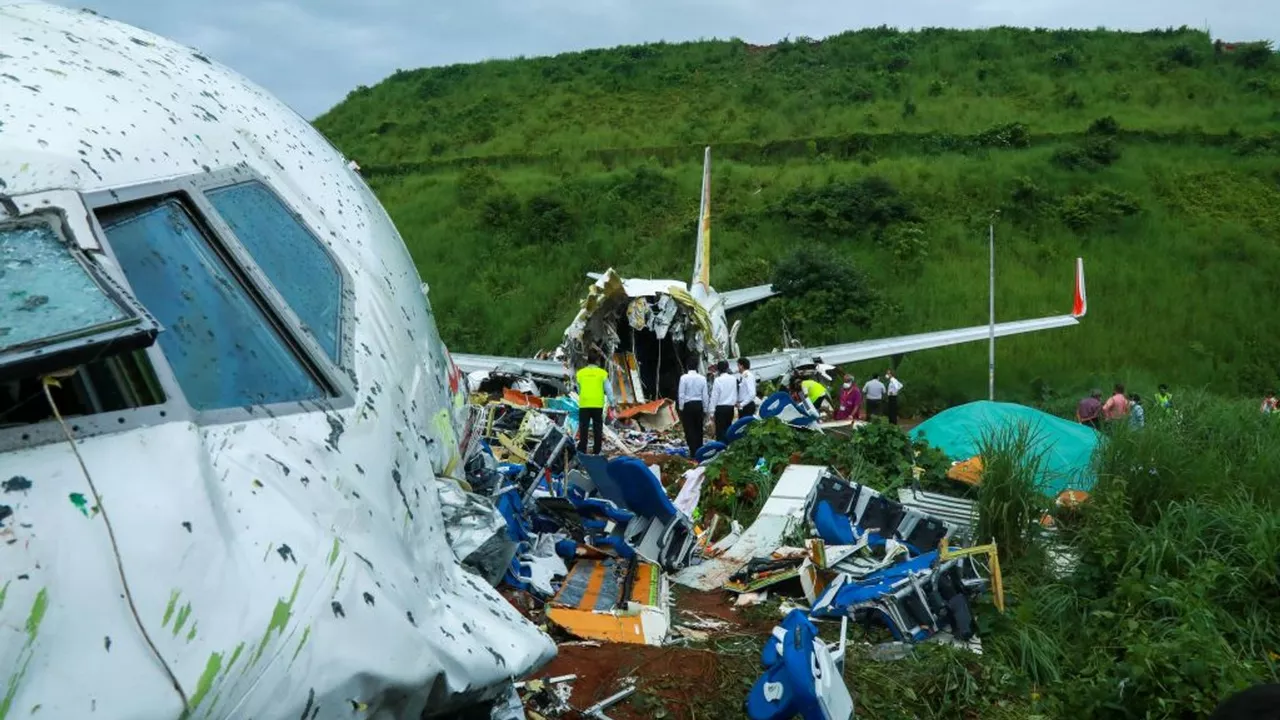Plane Crash: What’s Happening and How to Stay Safe
Plane crashes grab headlines because they’re rare and dramatic. You probably wonder what actually causes them and if there’s anything you can do to protect yourself. In the next few minutes we’ll break down the latest incidents, the most common reasons they happen, and simple steps you can take before you board.
Recent Plane Crash Stories
Over the past month, three major crashes made the news. The first involved a short‑haul flight that went down shortly after take‑off due to a faulty sensor. The second was a cargo plane that lost power over a desert region, forcing the crew to execute an emergency landing. The third was a regional airline that skidded off a runway in heavy rain, highlighting how weather still plays a huge role.
Investigators in each case are digging into flight data recorders, pilot logs, and maintenance histories. Early findings point to a mix of human error, equipment failure, and unexpected weather changes. While every crash is unique, patterns emerge: older aircraft with delayed maintenance and poor communication between crew and control towers tend to have higher risk.
What does this mean for you? Most commercial airlines follow strict safety standards, and accidents remain extremely rare. Still, paying attention to the airline’s safety record and the aircraft type can give you extra peace of mind.
How to Boost Your Flight Safety
First, check the airline’s safety rating on a trusted source before you book. Look for airlines that have modern fleets and transparent maintenance practices. If you’re flying on a smaller carrier, ask about the age of the aircraft and recent inspections.
Second, listen to the pre‑flight safety briefing. It may feel repetitive, but those seat‑belt signs and brace positions are there for a reason. Knowing where the exits are and how to use your oxygen mask can shave valuable seconds if something goes wrong.
Third, stay aware of weather updates. If you notice the captain discussing turbulence or storms, it’s a sign they’re monitoring conditions closely. You can also sign up for airline alerts that notify you of any last‑minute changes to your flight path.
Finally, trust your instincts. If a flight feels overly crowded, the cabin crew looks rushed, or the aircraft appears unusually old, you can ask the airline staff for clarification. They’re trained to answer questions and help you feel safe.
While we can’t control every factor that leads to a plane crash, these simple habits add layers of protection. The next time you hear about a crash on the news, remember that aviation safety is a constantly improving field, and millions of people fly safely every day.
Stay informed, stay prepared, and enjoy the journey. Safe travels!
